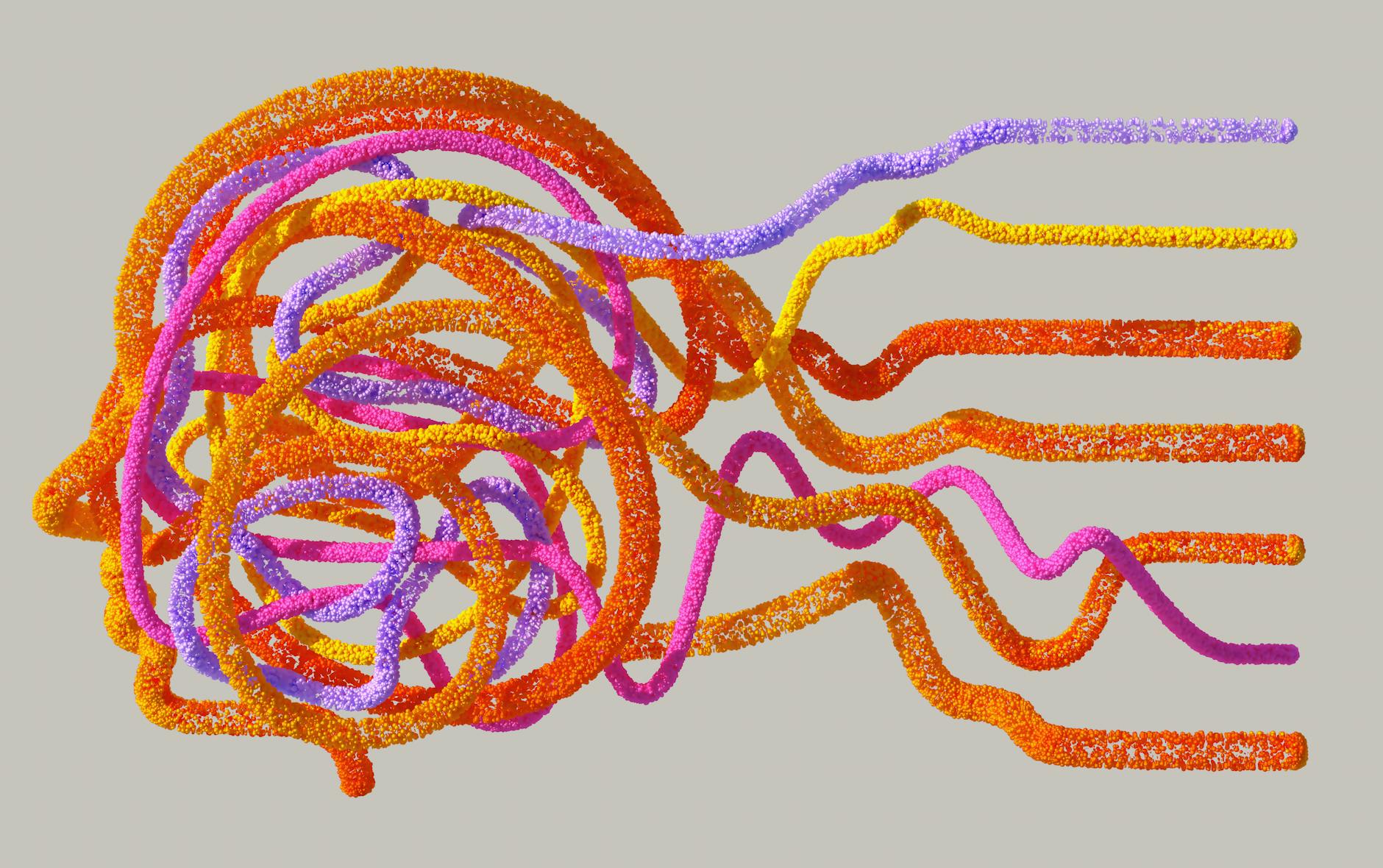China’s Trillion-Parameter Ring-1T Challenges GPT-5 | Microsoft Redefines Copilot, Thinking Machines Debates AGI Path

Key Takeaways
- China’s Ant Group launched Ring-1T, a 1-trillion parameter open-source reasoning model, achieving performance second only to OpenAI’s GPT-5 and intensifying the US-China AI race.
- Microsoft unveiled 12 significant updates to its Copilot AI assistant, including a new character “Mico” and shared “Groups” sessions, signaling a strategic shift to deeper integration across its ecosystem and increased reliance on its own MAI models.
- Thinking Machines Lab, a secretive startup, challenged the industry’s prevalent “scaling alone” strategy for AGI, arguing that true superintelligence will be a “superhuman learner” capable of continuous self-improvement rather than merely being trained.
- Mistral introduced its AI Studio, an enterprise-focused platform designed to simplify the development, observation, and deployment of AI applications using its European open-source and proprietary models.
Main Developments
The global AI landscape is buzzing with intense competition and evolving strategic directions, as evidenced by a flurry of announcements on October 25, 2025. A major development comes from China’s Ant Group, an Alibaba affiliate, which unveiled Ring-1T, touted as the “first open-source reasoning model with one trillion total parameters.” This new model directly aims to compete with industry leaders like OpenAI’s GPT-5 and Google’s Gemini 2.5, intensifying the geopolitical race for AI dominance. Optimized for complex mathematical and logical problems, code generation, and scientific problem-solving, Ring-1T notably achieved benchmark scores second only to GPT-5 across most tests, establishing itself as the top performer among open-weight models. To handle the immense scale of Ring-1T, Ant engineers developed innovative reinforcement learning (RL) methods, including IcePop for stabilizing training and C3PO++ for efficient GPU utilization during data processing. The direct challenge to GPT-5’s supremacy highlights the rapid advancements from Chinese companies, mirroring OpenAI’s own expansion as its GPT-5 model is now being used by services like Consensus to accelerate scientific research for millions.
Meanwhile, a major US player, Microsoft, showcased a sweeping update to its Copilot AI assistant, introducing 12 new features designed to deepen its integration across Windows, Edge, and Microsoft 365. Mustafa Suleyman, CEO of Microsoft’s AI division, emphasized a pivot from hype to practical usefulness, positioning Copilot as a personal and professional assistant with enhanced control over data. Among the most intriguing additions are “Mico,” an expressive AI character akin to Microsoft’s historic Clippy, and “Groups,” which enables shared Copilot sessions for up to 32 participants – a direct response to similar collaborative features from Anthropic and OpenAI. The update also features “Real Talk” for calibrated conversational pushback, long-term memory, and robust connectors to popular services like Gmail and Google Drive. Significantly, Microsoft indicated an increasing reliance on its in-house MAI models (MAI-Voice-1, MAI-1-Preview, MAI-Vision-1), signaling a strategic move to diversify its AI foundation beyond OpenAI’s offerings.
Amidst this product and performance race, a fundamental philosophical challenge to the industry’s scaling strategy emerged from Thinking Machines Lab, a secretive startup co-founded by former OpenAI CTO Mira Murati. Reinforcement learning researcher Rafael Rafailov argued at TED AI San Francisco that the path to artificial general intelligence (AGI) isn’t merely about training bigger models with more data and compute, but about fostering “superhuman learners” that can continuously adapt and improve. Rafailov criticized current AI systems for “forgetting” daily lessons, illustrating how coding agents often use “duct tape” solutions like `try/except` blocks instead of truly understanding and internalizing problems. He proposed a “textbook approach,” where AI models are rewarded for progress and learning ability over simple task completion, drawing parallels to how humans acquire knowledge. This vision of a “master student” superintelligence, rather than a “god-level reasoner,” marks a significant divergence from the prevailing AGI strategies.
Further contributing to the dynamic AI ecosystem, French startup Mistral launched its Mistral AI Studio, an enterprise-focused platform. This new studio aims to help businesses build, observe, and operationalize AI applications using Mistral’s comprehensive catalog of open-weight and proprietary models. Targeting companies that may prefer EU-native AI solutions, Mistral AI Studio offers a robust “production fabric” with features like advanced observability, an agent runtime supporting RAG, and an AI Registry for governance and versioning. The platform’s integrated tools, including a Code Interpreter, Image Generation, and Web Search, position it as a full-stack environment for multimodal and programmatic AI development.
Analyst’s View
The day’s news paints a picture of a fiercely competitive and rapidly diversifying AI landscape. Ant Group’s Ring-1T is a stark reminder that the US-China AI race is far from settled, with trillion-parameter models now emerging from multiple global players. Microsoft’s Copilot overhaul, integrating its own MAI models more deeply, signals a maturation of its AI strategy—moving from foundational partnerships to asserting its own ecosystem dominance. However, the most profound insight comes from Thinking Machines Lab, whose argument for “superhuman learners” challenges the industry’s core hypothesis. If their “meta-learning” approach proves fruitful, it could fundamentally reshape the path to AGI, potentially making the current obsession with raw parameter count less central. We should watch closely to see if other major labs begin to integrate “learning to learn” principles more explicitly into their roadmaps, and how the market responds to these divergent AI philosophies. The proliferation of AI studio environments like Mistral’s also highlights the increasing demand for accessible, production-ready AI tools tailored for enterprise needs, especially those sensitive to data sovereignty.
Source Material
- Inside Ring-1T: Ant engineers solve reinforcement learning bottlenecks at trillion scale (VentureBeat AI)
- Microsoft Copilot gets 12 big updates for fall, including new AI assistant character Mico (VentureBeat AI)
- Thinking Machines challenges OpenAI’s AI scaling strategy: ‘First superintelligence will be a superhuman learner’ (VentureBeat AI)
- Mistral launches its own AI Studio for quick development with its European open source, proprietary models (VentureBeat AI)
- Consensus accelerates research with GPT-5 and Responses API (OpenAI Blog)